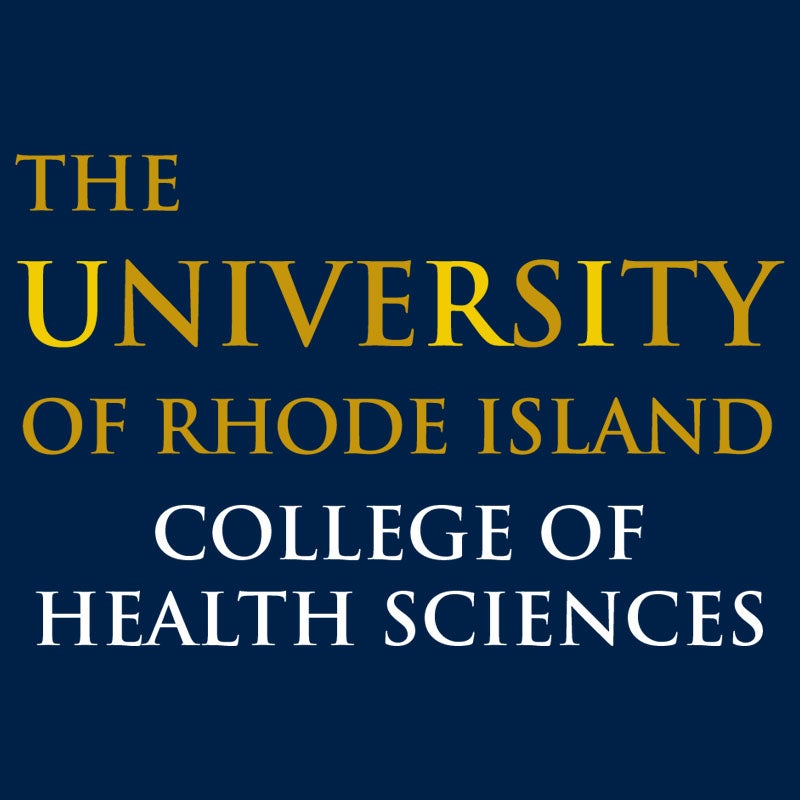The doctoral program has been accredited since 1972
The University of Rhode Island Clinical Psychology Ph.D. program recently earned a 10-year extension of its accreditation, which has been in place every year since 1972. The department is part of the College of Health Sciences.
The American Psychological Association informed the department its accreditation had been extended in December after a comprehensive review. Representatives of the association visited the campus, meeting with Dean Gary Liguori, faculty members, students and alumni to investigate whether the department is meeting national standards. The review also includes a self report on the viability of the program, ensuring the department is meeting the nine competencies the national association sets, including intervention, assessment, ethics, research, cultural diversity and more.
“The association needs to ensure we are meeting requirements so graduates can say they’ve been educated in a way that meets national standards,” said Ellen Flannery-Schroeder, director of training in Clinical Psychology. “It shows that our graduates meet those standards, which certainly makes it a lot easier for them when they’re interviewing for positions. Any doctoral program in clinical psychology really needs to be accredited.”
The Clinical Psychology doctoral program at URI is designed for students who are committed to a career involving both practice and research, Flannery-Schroeder said. The program has adopted the scientist-practitioner model, and provides students with generalist training in intervention, assessment, methodology and the core areas of psychology. The department emphasizes training in principles of:
- Reliable and valid measurement of psychological construct.
- Categorization and prediction.
- Empirically-based intervention methods.
The program provides students with the opportunity to learn community and population-based approaches, take advanced methodology courses, and focus on multicultural issues through designated courses and infusion. Focus areas include health psychology, multicultural psychology, neuropsychology, child/family/developmental psychology and research methodology.
The Clinical Program is the largest doctoral program within the Psychology Department, and is among the most competitive in the university, offering admittance to an average of about a dozen students a year among hundreds of applications. For more information or to apply, visit the department’s website here.

